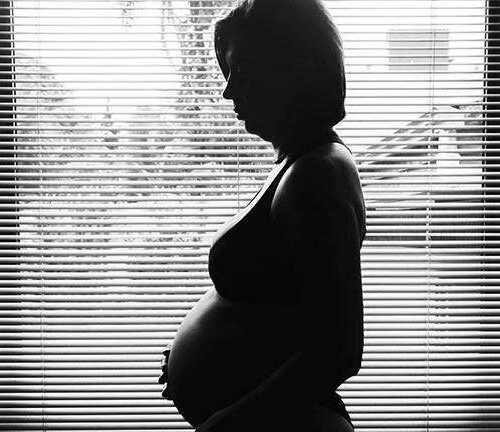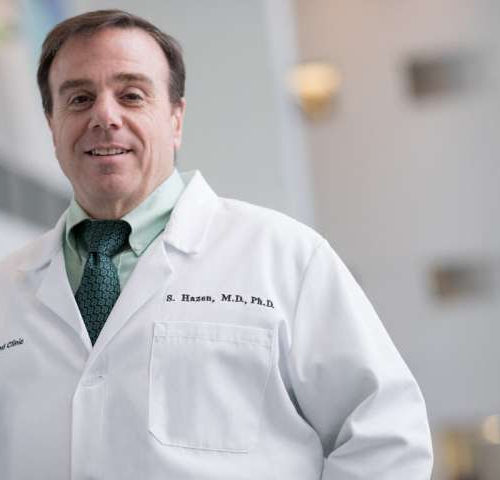EXPERIMENTAL BIOLOGY IMAGE: LAXMI IYER, PHD, THE GEORGE WASHINGTON UNIVERSITY, WASHINGTON D.C. CREDIT: LAXMI IYER Rockville, Md. (April 27, 2021)–A new study reveals that renin-angiotensin system (RAS) genes within the amygdala–the brain region important for traumatic memory processing–express differently when the brain develops fearful memories, such as when people undergo traumatic stress. Researchers have found...
Tag: <span>cardiovascular disease</span>
Apple Watch able to monitor frailty in cardiovascular disease patients
by Bob Yirka , Medical Xpress Credit: CC0 Public Domain A team of researchers at Stanford University has found that the Apple Watch in association with an iPhone can be used to monitor frailty in cardiovascular disease (CVD) patients. The project group, which was funded by Apple, has posted a paper describing experiments they conducted...
Aspirin use for cardiovascular disease may reduce likelihood of COVID-19 infection
BAR-ILAN UNIVERSITY Aspirin is an established, safe, and low-cost medication in long-standing common use in prevention and treatment of cardiovascular diseases, and in the past a pain relief and fever reducing medication. The use of aspirin was very popular during the 1918 Spanish Influenza pandemic, several decades before in-vitro confirmation of its activity against RNA...
Continuous monitoring of proteins a game-changer for patients with deteriorating health
MONASH UNIVERSITY A world-first discovery by researchers at Monash University and The University of Queensland could lead to faster and more effective treatments for chronic health complications, such as cardiovascular disease and cancer, with ‘fluorescent’ in vivo biosensors. The research team, led by Dr Simon Corrie from Monash University’s Department of Chemical Engineering and the ARC Centre of Excellence...
Women who experience high blood pressure during pregnancy more likely to develop heart disease
by University of Cambridge Women who experience high blood pressure during pregnancy are more likely to develop heart disease and heart failure in later life, according to an international team of researchers. Between 1-6% of all pregnancies in Western countries are affected by high blood pressure, which usually returns to normal after giving birth. This...
Fitful nightly sleep linked to chronic inflammation, hardened arteries
Disrupted nightly sleep and clogged arteries tend to sneak up on us as we age. And while both disorders may seem unrelated, a new study from the University of California, Berkeley, helps explain why they are, in fact, pathologically intertwined. UC Berkeley sleep scientists have begun to reveal what it is about fragmented nightly sleep...
People with brown fat may burn 15% more calories
WASHINGTON–Short-term cold exposure may help people with brown fat burn 15 percent more calories than those without, according to a small study published in the Endocrine Society’s Journal of Clinical Endocrinology & Metabolism. Unlike white fat, brown fat burns calories through fatty acid oxidation and heat production and is considered a promising target in the...
Researchers discover a new diet-associated gut-microbe metabolite linked to cardiovascular disease
by Cleveland Clinic Cleveland Clinic researchers have identified a gut microbe generated byproduct—phenylacetylglutamine (PAG) – that is linked to development of cardiovascular disease, including heart attack, stroke and death. The study was published in Cell today. Cleveland Clinic researchers, led by Stanley Hazen, MD, PhD, have identified a gut microbe generated byproduct – phenylacetylglutamine (PAG)...
Take heart: Pitt study reveals how relaxin targets cardiovascular disease
Pitt researchers detail the interplay between relaxin and Wnt signaling, noting its positive effects on an aging heart UNIVERSITY OF PITTSBURGH PITTSBURGH (Jan. 6, 2020) … As a healthy heart ages, it becomes more susceptible to cardiovascular diseases. Though researchers have discovered that relaxin, an insulin-like hormone, suppresses atrial fibrillation (AF), inflammation, and fibrosis in...
Stroke: Excessive sleep may raise risk by 85%
Stroke is one of the leading causes of death and disability worldwide and in the United States, specifically. New research finds that excessive sleep considerably raises the risk of this cardiovascular problem. New research suggests that people who take long naps in the day may be at a higher risk of stroke. Globally, 15 million...




